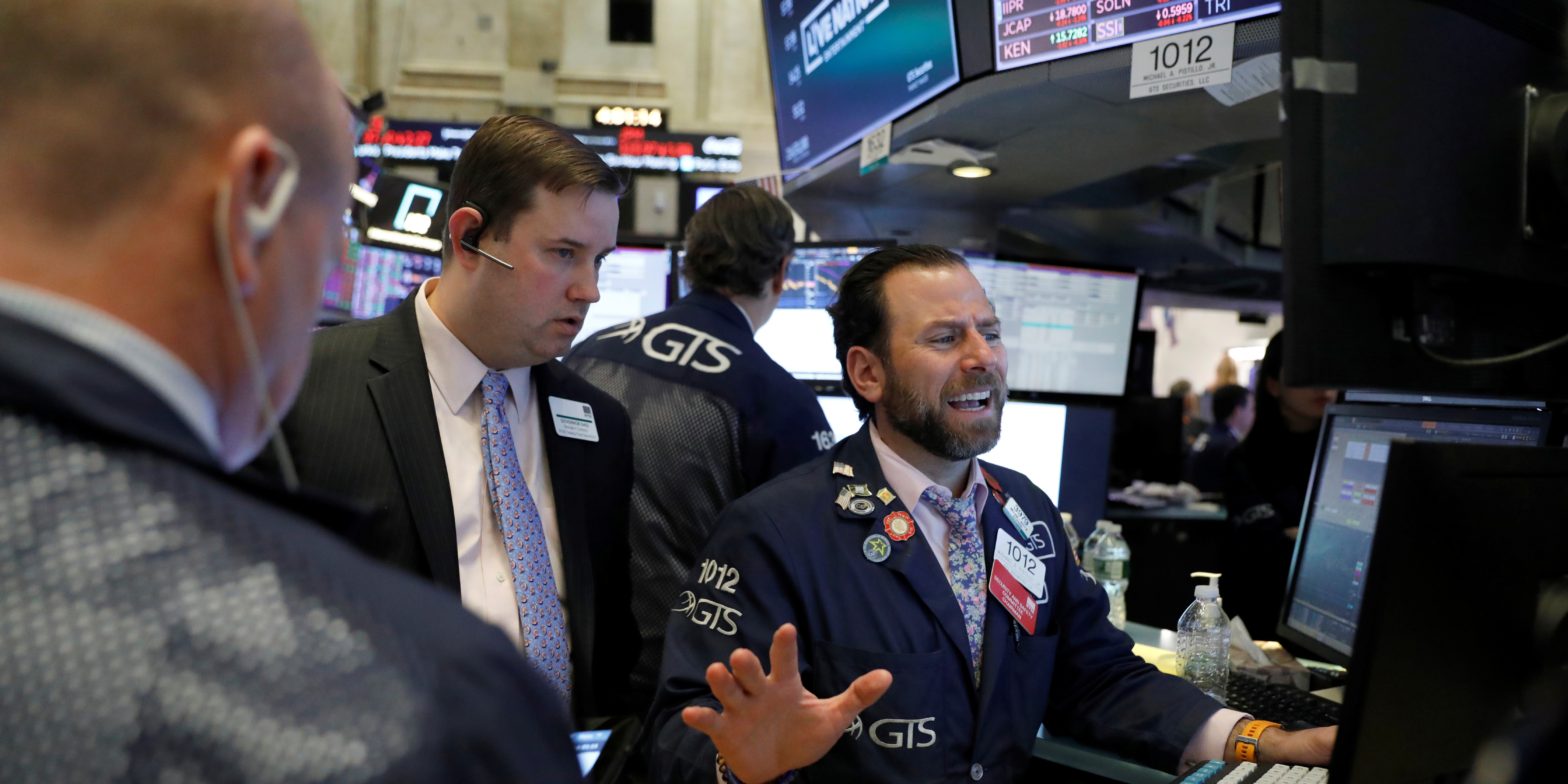The inflation shock is over, but expect prices to remain sticky, strategists at Bank of America said. The bank pointed to rising wages and services prices, which could fuel inflation staying above the 20-year-average. That means the Fed is unlikely to cut rates next year unless there’s a recession, they warned. Loading Something is loading.
Thanks for signing up!
Access your favorite topics in a personalized feed while you’re on the go.
Stocks may be set up for a bull run in 2023, but expect inflation to remain sticky and the Federal Reserve to keep rates high unless recession hits, according to Bank of America.
In a note on Friday, the bank pointed to the better-than-expected drop in October’s inflation report, which fueled a massive surge in stocks on Thursday. Year-over-year growth in consumer prices cooled to 7.7%, below economists’ expectations of 8% — raising hopes that inflation is responding to the Fed’s tightening efforts and that peak rates may be near.
While those factors suggest a “bullish narrative” is possible for 2023, the Fed won’t be able to wipe out high prices completely, BofA strategists warned, urging investors to “rent the pivot.”
“‘Inflation shock’ [is] over but ‘inflation stick’ of briskly rising services and wage inflation are here to stay,” the note said, referring to the fact that rising wages and prices could perpetuate each other to create a wage-price spiral that’s difficult for the Fed to unwind.
The bank predicted that inflation would cool to 4% by mid-2023. But that’s still above the Fed’s 2% target as well as the average inflation rate over the past 20 years, likely keeping policy restrictive and making rate cuts unlikely unless there’s a recession.
Meanwhile, other analysts have been more bullish. On Friday, Fundstrat’s Tom Lee said in a note that the stock market has considerable upside potential into year-end after October’s “game changer” CPI report,
Specifically, Lee believes the S&P 500 could surge as much as 25% over the next 50 days because the Fed no longer has its back to the wall as inflation shows signs of easing and stock valuations remain supportive.
And on Thursday, Wharton professor Jeremy Siegel told CNBC that investors should expect a significant year-end rally in the stock market as “inflation is basically over and the Fed doesn’t have to get anywhere near as high [on interest rates].”
